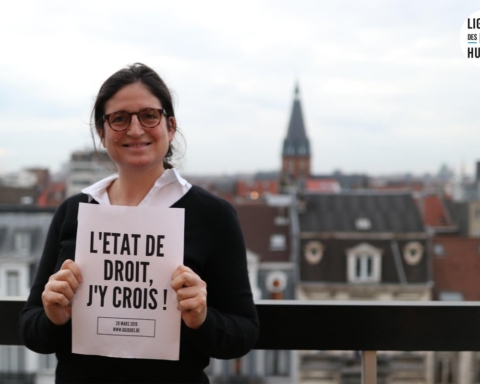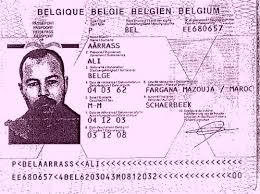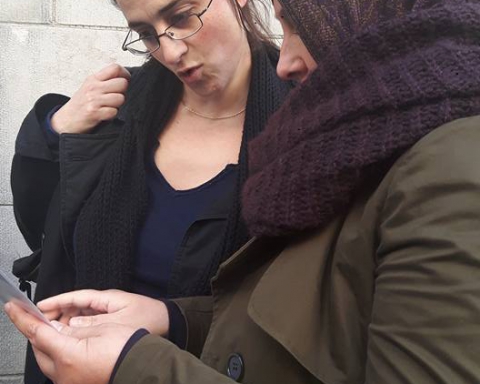 Since the visit of the UN Working Group on Arbitrary Detention, which found that Ali’s conviction was based solely on torture evidence, Ali has suffered further reprisals, according to a press release from his lawyers in Belgium – in particular, he has been placed in solitary confinement, with no reasons given. He needs consular assistance. On 10 January, the Brussels first-instance court will hear an application by Ali’s lawyers for an order that the foreign ministry provides all necessary assistance and protection, taking into account all that he and his family have suffered.
Since the visit of the UN Working Group on Arbitrary Detention, which found that Ali’s conviction was based solely on torture evidence, Ali has suffered further reprisals, according to a press release from his lawyers in Belgium – in particular, he has been placed in solitary confinement, with no reasons given. He needs consular assistance. On 10 January, the Brussels first-instance court will hear an application by Ali’s lawyers for an order that the foreign ministry provides all necessary assistance and protection, taking into account all that he and his family have suffered.
On 3 January, Ali wrote a letter from prison in which he spoke of ‘the necessity for a healthy society to put in place systems for proper reintegration of those who have through unfortunate circumstances become involved in crime or folly, and solidarity between different groups in society, because of the way prisoners become cut off from all sorts of activities. Initiatives for such reintegration into society, which are designed to stifle any criminal or anti-social impulses, must surely be welcomed, and anyone who has lived among prisoners understands the utility of encouraging any project which reduces their social isolation and allows them to participate in society, even from behind the prison walls.
‘No one could imagine the obstacles and difficulties which can be put in the way of such initiatives: On 29 August 2013, following my meeting with Jamila Sayouri and members of the CNDH, I proposed to the director of Salé II prison, Abdellah Darif, that I obtain from Belgium clothes, shoes and toiletries to distribute among poor prisoners or those serving their sentence far from their families, in the hope that this could give them back some of the humanity taken from them. The director was very agreeable to the project, which he saw as a humanitarian initiative to be encouraged.
‘After giving my family in Belgium the green light to implement the proposal and start the collection, I saw Mr Darif again on 27 September and he re-affirmed his support.
‘On 30 September, the day of the planned visit, I tried without success to contact the director to tell him that bags of clothes, shoes and toiletries were on their way. I was told that he was away attending a family funeral. Everything seemed to be going well, and my sister was able to bring in several bags of items for the prisoners under the benevolent eye of activists from the Belgian Egalité party. Suddenly, at the end of the visit, everything unravelled. When my sister tried to retrieve her passport, she was told she could not have it unless she took back the bags she had brought in, on the ground that guards had no instructions to receive them. My sister refused to submit to this blackmail, and in response all the bags were savagely thrown out of the prison.
‘Some questions come to mind:
– Did the initial permission to bring the bags in come solely from the guards at the main entrance, which is inconceivable?
– How could the bags have been admitted without prior authorisation?
– Or was the whole thing a sham to make Salé II look good for the cameras of Egalité, who filmed the reception of the bags but were not allowed inside?
‘The organisation ‘Observatory’ is looking after the bags pending resolution of the issue. Observatory activist Abdellah Mozdad has tried to resolve it through an approach to Mostafa Hilmi, the official responsible for social affairs in the prisons directorate, who says he can do nothing without the blessing of prisons director-general Tabeq Saleh Mohamed. Nothing has been resolved despite various interventions, notably from CNDH.
‘Why are Salé II’s prisoners treated in this way? Are they such monsters that they don’t deserve any concern, or any attempt to ameliorate their pitiable conditions of detention? The categorical, repeated, unjustifiable refusal of all social initiatives will not assist prisoners’ rehabilitation – it only accentuates their isolation, locks them further in to a punitive milieu and precludes all possibilities of reintegration.’






